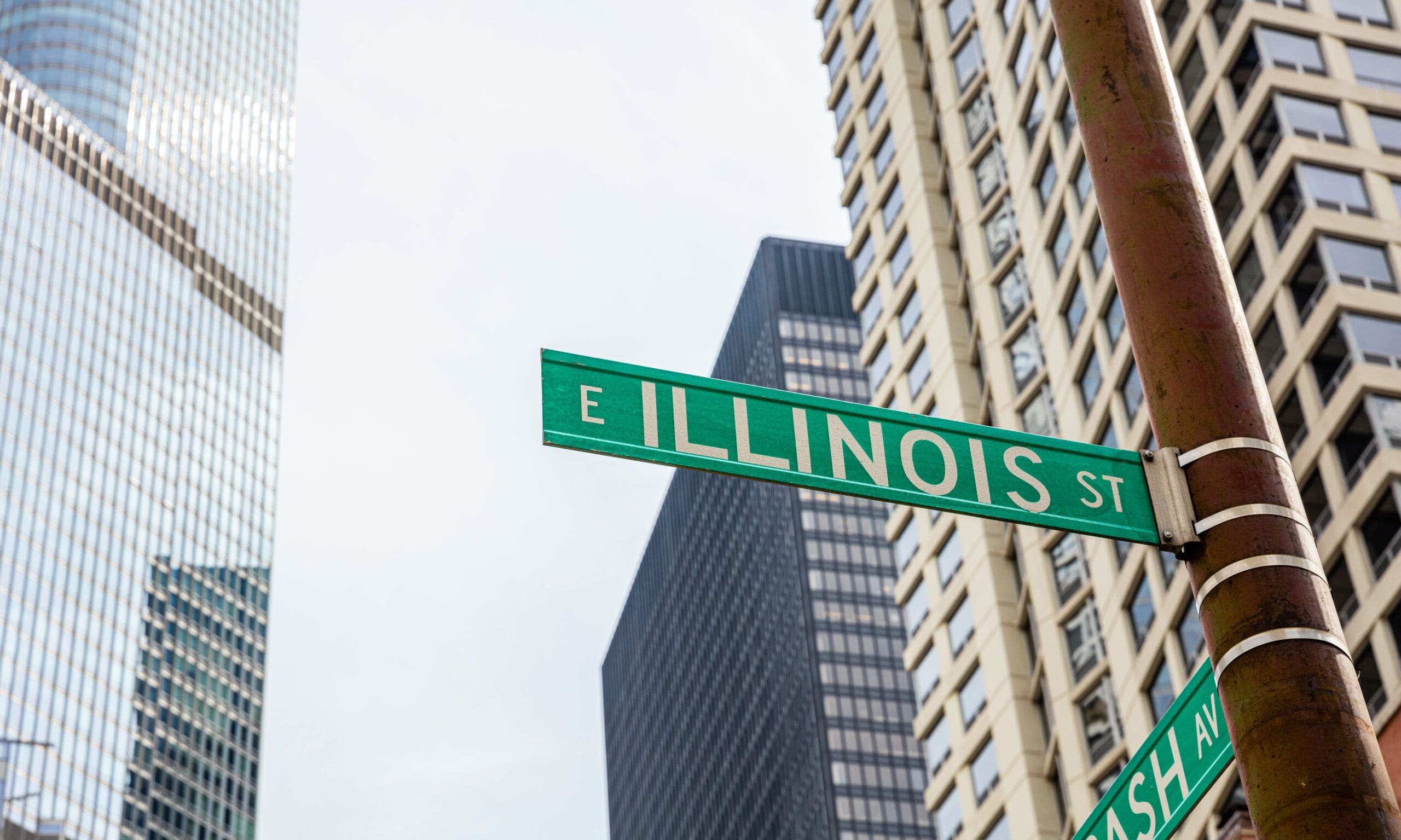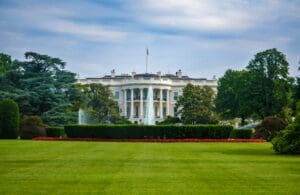By: Shruti Singh
See original post here.
A nonprofit that originally focused on giving cash to impoverished people in Africa will soon be delivering money to poor residents of Chicago, in one of the largest tests of a guaranteed basic income program in the US.
GiveDirectly is administering a program that will give $500 a month to each of 5,000 households in Chicago as soon as the end of June. The city is using $31.5 million from the federal government’s American Rescue Plan Act for the year-long pilot, and hoping the payments will help it recover faster from the pandemic.
A growing number of communities across the U.S., from St. Paul, Minnesota, to Alachua County in Florida to San Francisco, have launched similar programs in the wake of the pandemic. GiveDirectly is also administering a program in Georgia now.
The idea of handing money to the poor isn’t new: Martin Luther King Jr. advocated for it during the Civil Rights movement. But since Andrew Yang proposed a related idea during his presidential campaign, it has gained mainstream momentum from an unlikely combination of libertarians, tech executives and liberals seeking to alleviate poverty and foster an equitable recovery.
The pitch for basic income often comes down to giving individuals the freedom to choose how to spend monetary assistance, whereas current federal aid programs tend to offer funds that can only be used to, for example, buy food. Handing over money directly can also be cheaper for the state to manage by reducing the number of workers needed to administer services.
Studies of of local pilot programs have found that beneficiaries spend the funds on essential items like child care, paying off debt and transportation; some have also found that the programs helped recipients get jobs, and boosted their well-being. And during the pandemic, Congress engaged in its own temporary mass cash distribution experiments. Many advocates now point to the Child Tax Credit, which lifted millions of children out of poverty and pushed 3 million kids back below the poverty line when it ended, as a model for successfully scaling the idea. But Givewell, which recommends GiveDirectly as a top-rated charity, notes that evidence about the long-term impact of direct cash transfers is limited.
GiveDirectly, founded in 2009 by Harvard University and Massachusetts Institute of Technology alumni trained in economics, is backed by Google.org, Google’s philanthropic arm, among others.
It has distributed more than $550 million to more than 1.25 million poor families in African countries, Yemen, and more recently the US through programs for a set amount of time and one-time donations. It has grown fast during the pandemic, with distributions in 2020 making up more than a third of the total amount since its founding.
“A sea change was sparked in some ways by the Covid-19 crisis,” Sarah Moran, GiveDirectly’s country director for the US, said in an interview. “We saw there is clearly untapped potential.”
That shift happened because more people needed assistance amid the pandemic, particularly among women and minority communities. Plus, federal resources began flowing to fund the programs, including the American Rescue Plan Act, said Brandie Knazze, Chicago’s commissioner for the department of family and support services.
“The need is great,” Knazze said in an interview. “The chance and opportunity is right now.”
In the suburbs surrounding Chicago, Cook County has initiated a separate $42 million two-year basic income pilot funded with federal aid. The county expects to select partners in early July, and applications for participants are expected to open in the fall.
“One of the things the pandemic did was expose the tremendous inequities in this country,” Cook County Board President Toni Preckwinkle said in an interview. Her goals for the pilot include increasing financial stability for those with the lowest incomes, reducing the need for payday loans and spurring entrepreneurship with the payments. “It’s a direct investment in our residents.”
GiveDirectly has been advocating for such payments for more than a decade. Private donations it distributed in Kenya were spent by recipients on medicine, livestock, school fees, water, tin roofs, solar lights and motorcycles to start taxi services, according to the group.

GiveWell, which analyzes the effectiveness of charities, ranks GiveDirectly among its top rated, citing evidence that direct cash transfers provide immediate help to low-income households as well as the nonprofit’s transparency and record of effectively giving money to people. Google.org has been involved with direct cash assistance for roughly a decade and was a contributor to GiveDirectly’s pandemic response program.
“While all generosity is needed and there are few wrong moves, there is one tool with a proven track record of success that I think should be given more consideration: giving people cash,” Jacquelline Fuller, a GiveDirectly board member and president of Google.org, wrote in a January 2021 opinion piece in Fortune.
Guaranteed basic income as a policy does have critics. Some fear that recipients will spend the money on items such as alcohol or that widespread programs would be too expensive.
When Chicago’s pilot was debated by the city council, some Black aldermen questioned why the money shouldn’t instead be used to pay reparations, an idea that is still being debated.
The city found no shortage of demand from potential recipients. Chicago received more than 176,000 applications for its 5,000 slots, with the first 90,000 coming in the first day. The assistance is available to residents 18 years or older who have experienced economic hardship related to Covid-19 and with a household income at or below 250% of the federal poverty level.
The $500 a month may help struggling recipients stabilize their lives by determining how to spend the money based on their changing needs, whether housing or food or children, the city’s Knazze said.
“Families know best what they need,” she said. “To have $500 a month to buy formula matters.”




















